I had been told a few horror stories about people being a little ill on the bus, due to the hills and winding roads. Luckily there were no such incidents on our journey and it was fantastic to get a glimpse of the landscapes and wildlife, particularly the last couple of hours as we travelled through Nyungwe Forest National Park (and spotted quite a few monkeys!).
Becks has been living in Kamembe since last September and it was great to see where she's living and meet some of her fellow volunteers. On the first night, we all went out for dinner at a favourite dining venue, Hotel du Chutes, where I sampled their famous beef brochette (a beef kebab essentially, but nicer) and chips (everything I ordered in Rwanda seemed to come with chips!).
Kamembe sits on the banks of Lake Kivu, on the border with the Democratic Republic of the Congo (DRC). Lake Kivu is incredibly stunning:
Half of Lake Kivu is in Rwanda and half is in the DRC. The island you can see on the following picture (taken from hotel veranda near to where Becks lives) is actually in the DRC:
.JPG) |
The following day we went for a walk around the hills of Kamembe and saw from a distance the fish being sold at market:
.JPG) |
| A view of Kamembe |
May 1st, Labour Day, is a public holiday in Rwanda (and Uganda) and we had been told about a procession taking place, followed by a football match with the army playing the district (essentially the local council workers). The timings of when this was all going to happen were a bit confused and we managed to get to the stadium towards the end of the match! In the final moments, the army scored, but the goal was disallowed, so the game ended in a no score draw.
.JPG) |
| The two teams pose for a photo at the end of the match. |
Becks lives next door to a lovely family with lots of adults and children living in a one-roomed house, and she and her family do quite a lot to support the children. Before we left Kamembe, we spent a bit of time with the children; teaching them to sing "heads, shoulders, knees and toes" and blowing bubbles, which they absolutely loved:
After two days in Kamembe, we took a boat up the entire length of Lake Kivu. The boat trip took just over 8 hours:
.JPG) |
| The night fishermen about to head home |
The boat only sails a couple of times a week and it seemed to be an occasion everywhere we stopped, with people from the local villages coming on to the banks to see the boat -
We didn't wait for latecomers; they had to catch up in this little boat and jump on from there!-
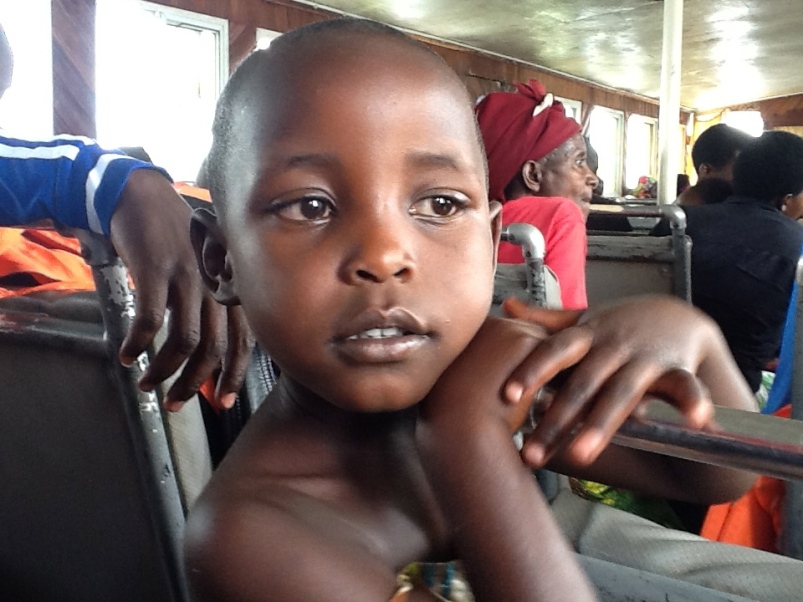 |
| We made a little friend on the boat, who came and sat with us for several hours! |
The first half of the boat trip was great, but as time went on, it got busier and busier and hotter and I was pleased when we arrived in our destination, Gisenyi!
Gisenyi is a small city in Rubavu district in the Western Province of Rwanda. The city is on the northern shore of lake Kivu and has several hotels and three sandy beaches, giving it a more of a seaside holiday resort feel. It also has the only brewery in Rwanda, which manufactures the local beers Primus and Mützig.
We stayed at Inzu Lodge, which is set in the hills with views over Lake Kivu and probably one of the nicest places I've stayed since coming to Africa. We met a couple here from the UK who were in the first week of a 13month trip around Africa and South America. They're going to be in Kampala this week and staying at my flat, so I'm looking forward to showing them round the local area here.
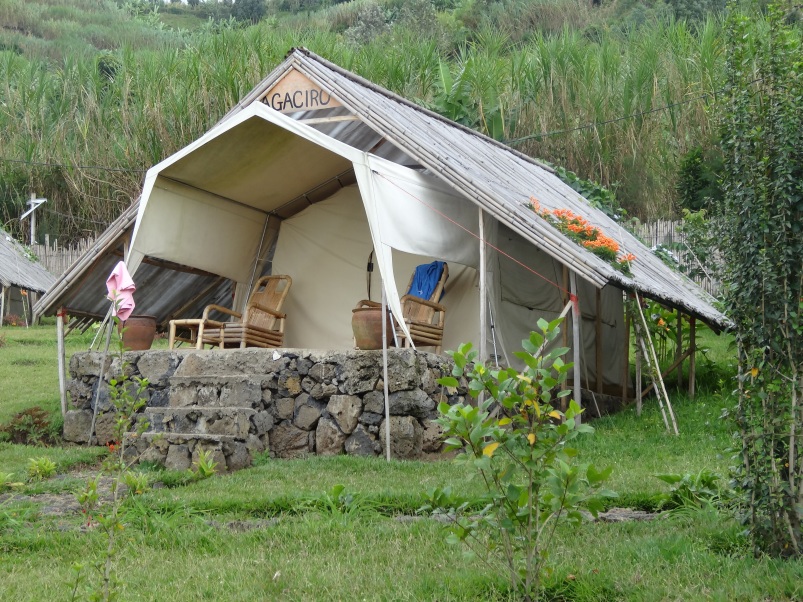 |
| Our tent! |
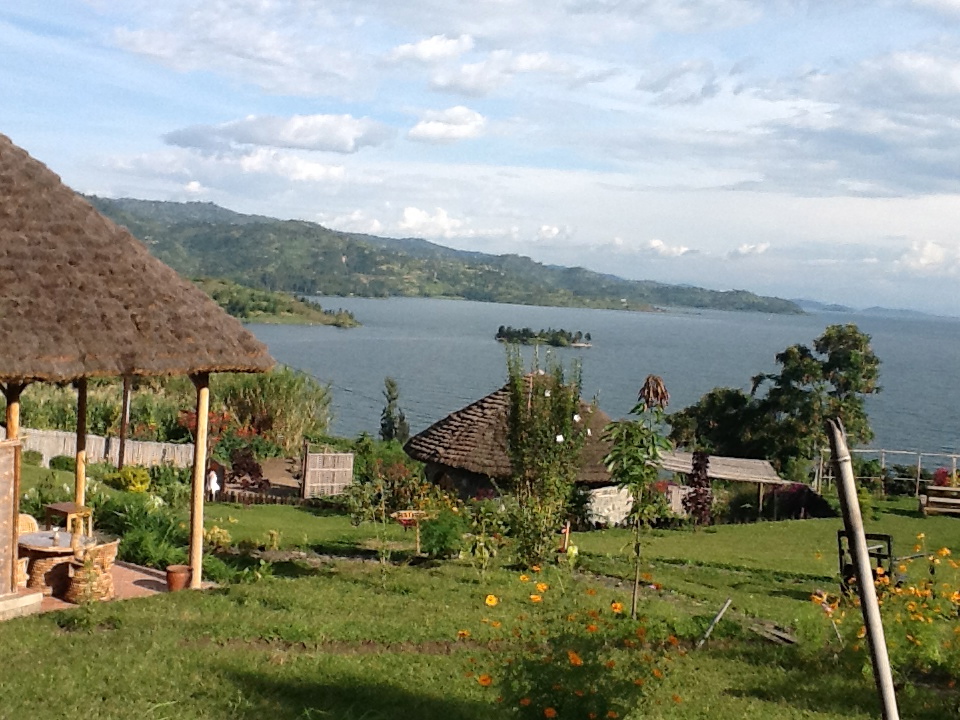 |
| View from the tent. |
.JPG) |
| The bar! |
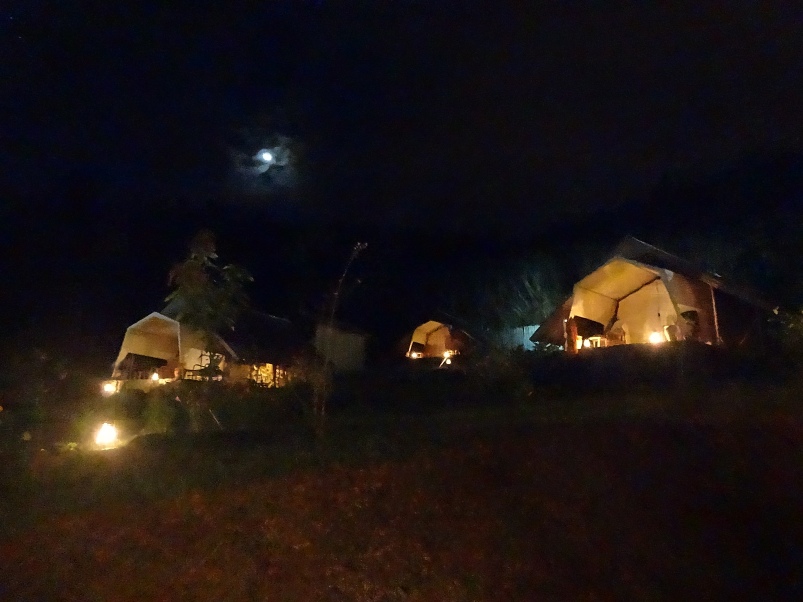 |
| Inzu lodge at night |
.JPG) |
| Walking into Gisenyi town |
Gisenyi is also borders the DRC and we took a walk down to the border crossing:
.JPG) |
| Gisenyi beach |
After two days in Gisenyi, I took the slightly shorter 3 hour bus journey to Kigali and then headed back to Uganda. It was really fantastic to travel around another East African country and to meet lots of people who are living and working there. Thanks Becks and all your friends for being such great hosts!

.JPG)
.JPG)
.JPG)
.JPG)
.JPG)

.JPG)
.JPG)
.JPG)
.JPG)
.JPG)
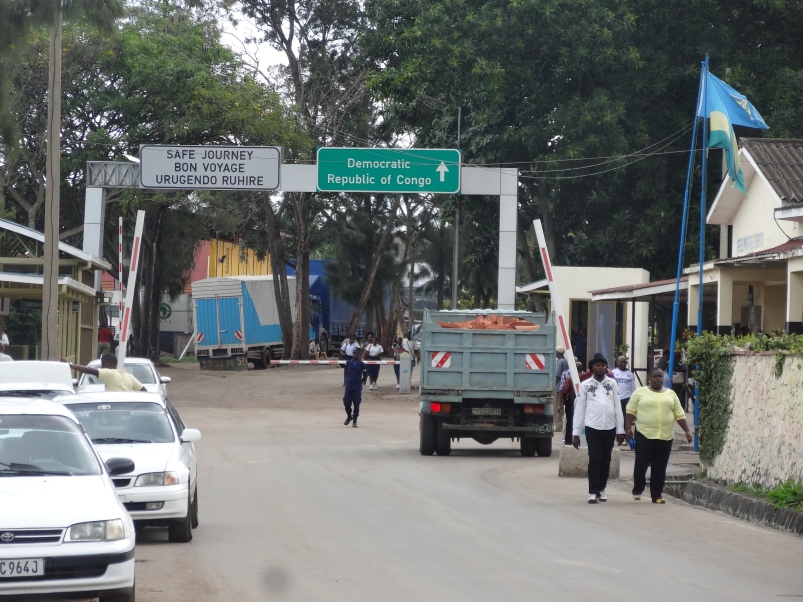
.JPG)
.JPG)
.JPG)
.JPG)
.JPG)

.JPG)
.JPG)
.JPG)


.JPG)
.JPG)
.JPG)
.JPG)
.JPG)
.JPG)
.JPG)
.JPG)
.JPG)
.JPG)
.JPG)

.JPG)
.JPG)
.JPG)
.JPG)
.JPG)
.JPG)
.JPG)
.JPG)
.JPG)
.JPG)
.JPG)
.JPG)















